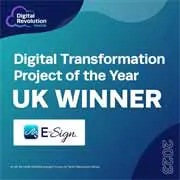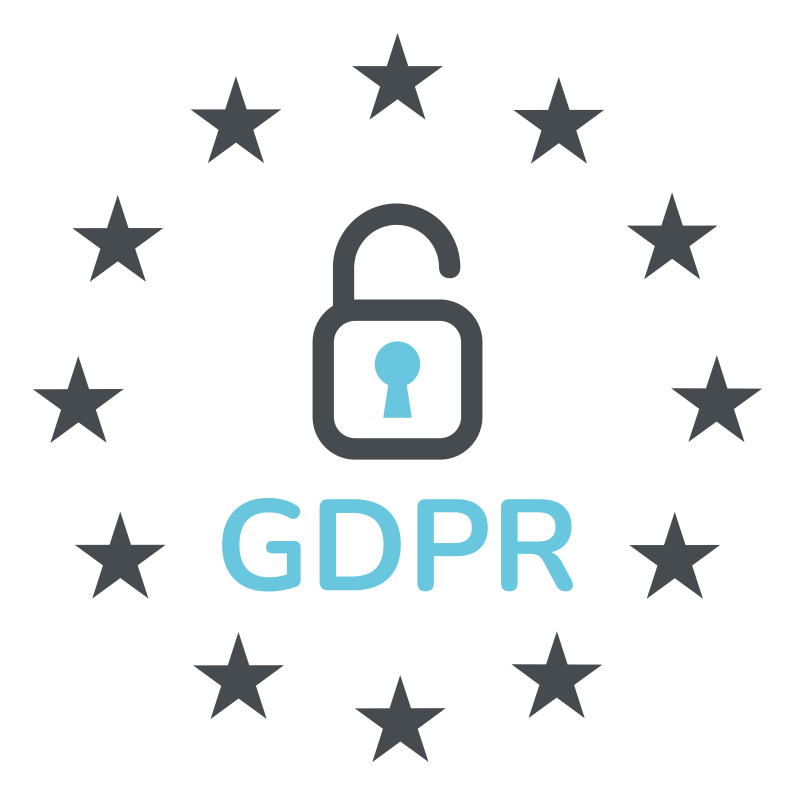Navigating KYC Compliance: Insights and Best Practices
Luke Garrett
Director of Product
PUBLISHED
23rd June, 2025
The UK is an industry leader in not only FinTech adoption but also in the finance regulatory landscape, which has evolved to ensure strict compliance. A key part of this is the Know Your Customer (KYC) checks.
In this article, we explore what KYC is, its benefits, and best practices businesses need to know to maintain compliance and protect themselves from fraud and other related criminal activities.
What is KYC?
KYC (Know Your Customer) are the steps businesses across multiple industries, including banking, finance, and real estate, must take in order to check and confirm client identities. The Financial Conduct Authority (FCA) introduced this requirement as part of essential money laundering regulations. KYC checks help financial companies confirm that customers are who they claim to be and protect all transactions.
What are KYC checks?
KYC checks allow companies to assess and verify a customer’s identity, financial activities, and the risk they present to the business. These checks aim to prevent financial crimes like fraud and money laundering.
Suppose a customer does not meet the minimum KYC requirements during the checks. In that case, the company can refuse to do business with them, as they will be doing so, facing a significant risk of crime, fines, and damage to their reputation.
It’s important to remember that companies should not perform KYC checks only once. Risk profiles and customer activity can change over time, meaning a financial company should periodically complete due diligence for internal and regulatory use.
What companies are subject to KYC?
KYC is an important component of Anti-Money Laundering (AML) compliance efforts across several sectors. Businesses in the following industries are required to follow KYC guidelines:
- Banks and financial institutions – the finance sector is the main industry that must adhere to KYC because of the large quantities of high-value financial transactions they complete regularly. Any type of money service business must carry out thorough identity verification checks and due diligence on its customers.
- Real estate – when buying or selling property, both parties should have their identities accurately verified as part of KYC to ensure transparency and reduce risk in high-value asset exchanges.
- Legal and professional services – solicitors, accountants, and other professionals involved in property or financial transactions are required to carry out thorough client due diligence. This is essential to prevent the misuse of their services for illicit purposes like money laundering or fraud.
- High-value item dealers – luxury goods like art, antiques, and fine jewellery are attractive targets for money laundering. That’s why dealers in high-value items are required to follow strict KYC rules. Verifying customer identities helps prevent criminal activity and protects businesses from legal and reputational risk.
What is the difference between KYC and other regulatory checks?
KYC is just one example of the checks businesses can carry out to protect themselves and their transactions. Anti-Money Laundering (AML) and Know Your Business (KYB) also exist to assess risk and protect financial institutions from crime. However, there are some key differences among these three processes that businesses should be aware of.
KYC – KYC focuses on individual consumers and verifying their identity. For example, this could be the owner or director of a business.
KYB – KYB aim to verify businesses, which involves confirming the identities of several people. For example, the owner(s) of a company and other relevant parties within it would also undergo a KYC check as part of KYB.
AML – Anti-money laundering checks help to ensure that the business or customer you plan to work with has not been and is not involved in any type of financial crime.
Best practices for completing KYC checks
Effective KYC checks rely on three key components: Customer Identification, Due Diligence, and Ongoing Monitoring. Together, these steps help businesses stay compliant and reduce the risk of financial crime.
KYC isn’t a one-off task. Businesses must regularly review customer activity to flag anything unusual. Ongoing checks should watch for:
- Changes in transaction patterns or locations
- Emerging negative media coverage
- Listings on sanctions or Politically Exposed Persons (PEP) databases
A consistent, well-documented monitoring process helps to manage risk and supports long-term compliance.
KYC documents for verification
Banks and financial institutions
When performing KYC checks, banks and financial institutions commonly request certain documents to authenticate a customer’s identity and verify their financial background. These generally consist of:
Verification of identity
Customers need to provide an official photo ID issued by the government, such as a passport, driver’s licence, or national identity card, to prove who they are.
Proof of address
To confirm the customer’s place of residence, documents like recent utility bills, tax notifications, phone bills, or mortgage statements are typically accepted.
Income or source of funds evidence
To validate financial information, banks may request documents such as pay slips, employer letters, bank statements, or tax returns.
Ensuring these documents are current and accurate not only meets regulatory standards but also helps streamline the customer onboarding process and avoids unnecessary hold-ups.
Individual and corporate clients
When it comes to KYC compliance, the FCA allows proof of identity to be collected either in paper form or digitally. Here’s what individuals and companies need to provide:
For individual clients:
To meet KYC standards, individuals should provide:
- Full name
- Date of birth
- Home address
- A government-issued ID
- An additional supporting document issued by a public authority, judicial body, or another FCA-regulated UK organisation
For corporate clients:
Companies need to collect:
- Full company name
- Registration number
- Government-issued ID for key representatives
To confirm a company’s legitimacy, it must be either listed on a regulated market, registered in the relevant company registry, or able to present a Certificate of Incorporation.
Private and unlisted companies have extra steps, including disclosing:
- Names of all company directors
- The Ultimate Beneficial Owner (UBO)
- Other key individuals who exercise control over the business
Following these guidelines ensures both individuals and companies stay compliant while helping firms assess risk effectively.
What are the benefits of KYC?
Whilst it may seem complex at first, KYC is a straightforward process and an important way to protect your financial organisation from serious criminal risk. There are several benefits to completing KYC checks, including the below:
Better customer experience and increased trust
Completing KYC checks demonstrates a clear commitment to security that effectively builds trust with customers, reassuring them that their transactions are protected. Additionally, KYC can be streamlined using leading technology, such as advanced analytics and automation, to make the customer experience seamless.
Avoid financial crime and its repercussions
This is one of the biggest benefits of KYC. Carrying out your business due diligence and maintaining KYC compliance can help significantly reduce the risk of illegal financial activities affecting your company. Terrorist financing, theft, and money laundering are just a few examples of crimes that cost the UK billions every year. KYC checks are designed to prevent these as much as possible.
Regulation compliance for finance businesses
Financial businesses must comply with several regulations to ensure they protect their internal and customer data, as well as actively prevent finance-related crimes. KYC checks help businesses adhere to relevant regulations, avoiding any legal repercussions and protecting their brand reputation. Failing to comply with KYC can result in substantial fines and even criminal convictions.
Saving costs by preventing fraud
Implementing effective KYC checks helps catch fraud and other financial crimes early on. This proactive approach means businesses can avoid costly investigations and the expenses involved in fixing issues caused by illegal activity.
Reducing risk with better control
KYC processes give companies the tools to evaluate and manage customer-related risks confidently. By spotting potential threats upfront, businesses can protect themselves from financial losses and minimise exposure to criminal behaviour.
Conclusion
With regulations constantly developing, KYC compliance is more important than ever for businesses in the UK’s financial and regulated industries. Keeping up-to-date with FCA guidelines, embracing digital identity tools, and regularly reviewing your internal processes will ensure your compliance stays ahead of the curve. Effective KYC isn’t just a formality; it’s a vital safeguard that protects your business from risks and supports long-term success.
E-Sign can help support financial institutions with their KYC processes and regulation requirements by providing secure and legally binding electronic signatures that won’t break the bank.
Contact us today to discuss a tailored digital document management solution that meets your needs. You can also get started with E-Sign by registering for a 14-day free trial to see how it can work for your organisation.
 Facebook
Facebook
 X (Twitter)
X (Twitter)
 LinkedIn
LinkedIn











